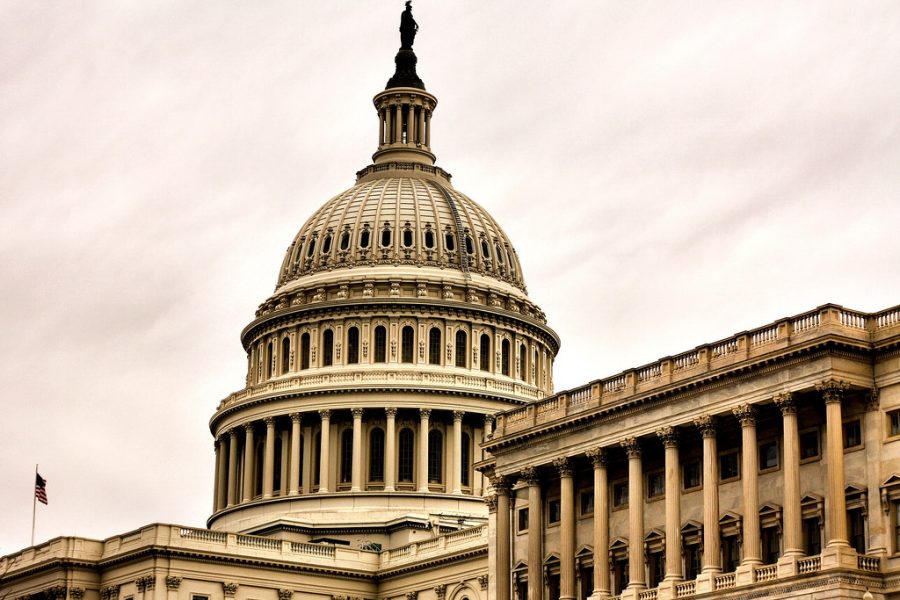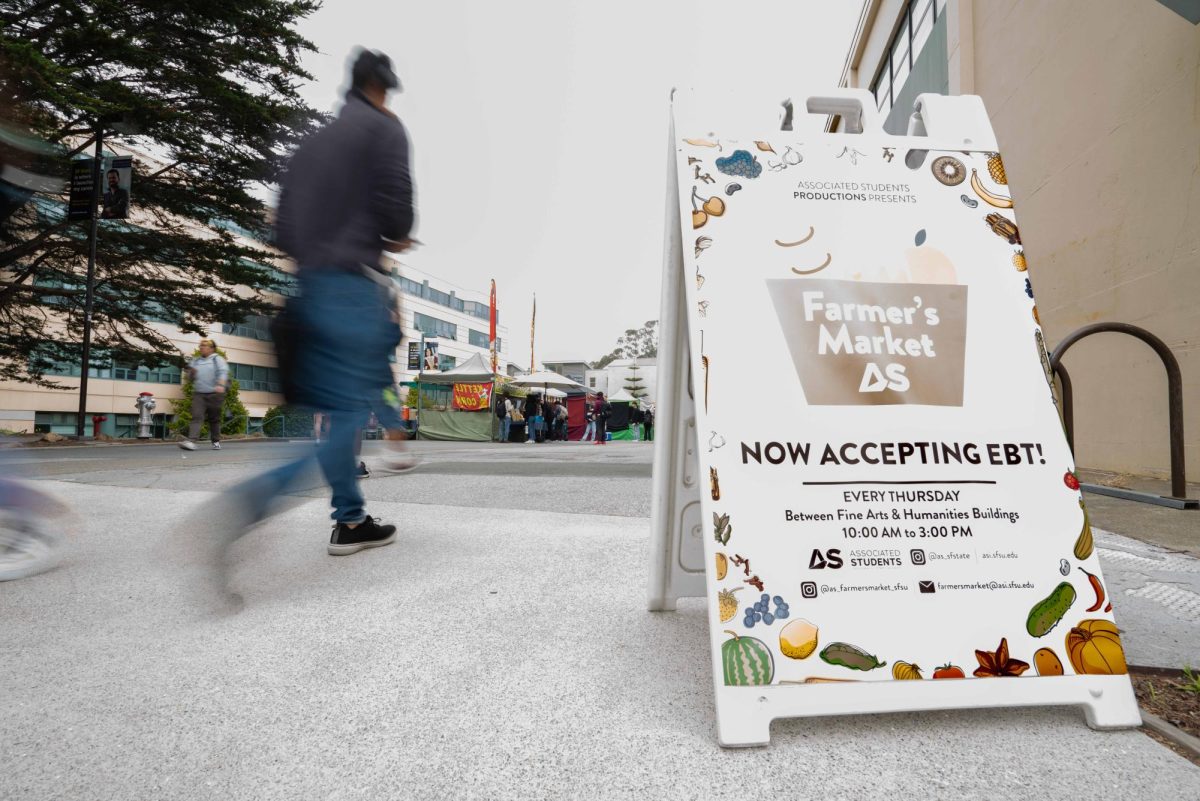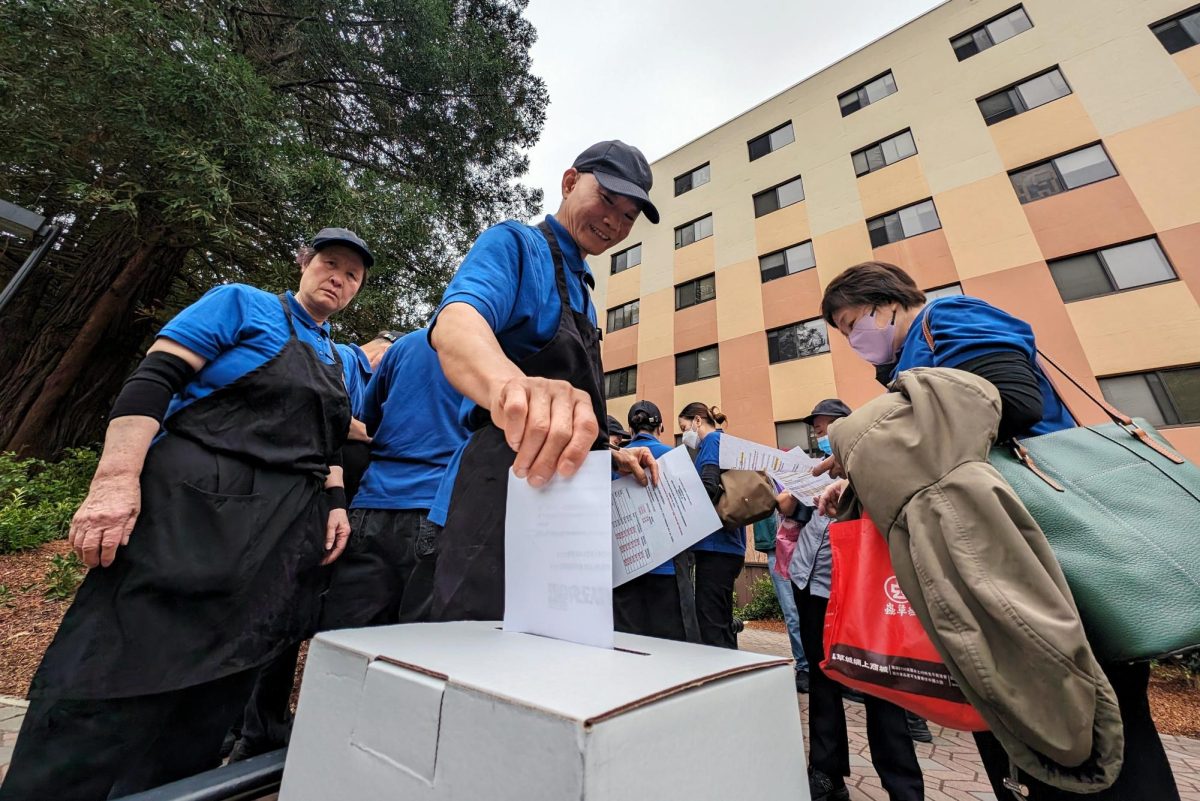On Friday, the House voted to pass President Joe Biden’s American Rescue Plan, which calls for $1.9 trillion in funding mostly toward ramping up the fight against COVID-19 and providing financial assistance to those struggling.
The vote, 219-212, passed with no House Republican supporters and two lone House Democrat dissenters. Now Biden’s stimulus package will move to the Senate, which typically would require a supermajority – 60% approval to pass this kind of legislation. However, Democrats have opted to expedite this legislation through the process of reconciliation.
According to the U.S. House Committee on the budget, “Budget reconciliation provides a fast-track process for consideration of bills to implement the policy choices embodied in the annual congressional budget resolution.”
Due to this process, the American Rescue Plan will only require a simple majority to pass in the Senate. Currently, the Senate is split 50-50 between Democrats and Republicans. In the event of a tie, Vice President Kamala Harris will have the deciding vote.
To better stop the spread of COVID-19, according to The White House Briefing Room, the plan details $160 billion to execute the national vaccination plan. Of the allocated funds, $20 billion will be used to fund state partnerships providing more vaccination centers. $50 billion will cover the costs of increasing testing and lab capacity. Additionally, funds will be used to expand the public health jobs program, adding 100,000 frontline workers and increasing research into the rapidly developing new strains of COVID-19.
Biden’s plan also includes funding for schools to reopen safety. $130 billion will be provided and used for schools to reduce class sizes, improve ventilation, hire more janitors, counselors and nurses, provide more digital resources to students and allow for summer school when necessary. It will also expand the Higher Education Emergency Relief Fund, providing $35 billion in funds directed to public institutions, including community colleges.
According to Jeff Wilson, SF State’s interim vice president and chief financial officer of administration and finance, 50% of any money SF State receives from this package will be to cover the costs of better adapting to returning to in-person instruction. The other 50% would be to provide financial assistance to students.
“We received the first round of federal assistance back in the spring, and we were able to use that money immediately to purchase that equipment and those tools that faculty and students needed to be safe and healthy in the classroom and on campus,” Wilson said. “It did set us up for a healthy fall when a few classes were brought back to campus.”
If the plan is enacted, according to Wilson, SF State would use the money allocated for the university to provide adequate PPE for staff, faculty and students, better signage regarding social distancing, hand sanitizer stations, plexiglass barriers where necessary and strengthening already implemented cleaning routines of classrooms.
The money SF State would receive from this plan does not relate to the university’s budget, as funds from the American Rescue Plan are one time only and their use is regulated by the federal government.
The American Rescue Plan will allocate checks of $1,400 to people with an annual income less than $75,000 and couples earning less than $150,000 annually will receive $2,800.
Other financial assistance includes an expansion of the child care tax credit, making it fully refundable for the year and increasing the credit to $3,000 per child aged 6-17 years old and $3,600 for any children under age six. The plan also calls for an expansion of income tax credit, raising it from $530 to $1500 for adults without children and now capping the income limit at $21,000 annually rather than $16,000.
The plan also originally included a gradual raise to a $15 minimum wage; however Elizabeth MacDonough, the Senate parliamentarian, ruled against the inclusion of this in the package. According to the U.S. Senate glossary, the parliamentarian presides over Senate rules and procedures. In this case McDonough, who holds a nonpartisan role, struck down this aspect of the bill because it did not fall under the rules for legislation being passed using the reconciliation process.
Further inclusions of the plan are an expansion of both childcare and healthcare services, support for global initiatives to prevent the spread of COVID-19, greater modernization of the U.S.’ cyber security network, funding for initiatives combating food insecurity and grants for struggling small businesses.
It is unclear when the Senate will vote on the bill which they now have the power to amend. If amended it will have to be re-approved by the House. The process of the Senate’s vote and potential House re-approval will need to occur by March 14, when the current unemployment benefits lapse.
Additional reporting provided by Ari Arciaga










